Sell More CBD Products
How to Attract Buyers & Build Brand Loyalty for Your CBD Products
Need help generating sales for your CBD products?
Contact marketing copywriter Susan Greene today!
You’ve launched your CBD business and have already attracted some customers who are enthusiastic about your products. They know they’re effective and they’re already seeing the benefits. But now you need more of them, that is, more delighted customers who will become repeat buyers and tell their friends about your wonderful brand. What tactics can you use to sell more CBD products? Consider these ideas:
Top 10 Marketing Tactics for CBD Products
- Build/improve your website
- Employ SEO best practices
- Write informative blog posts
- Participate in trade shows
- Recruit affiliates
- Do email campaigns
- Use remarketing
- Try direct mail
- Offer samples
- Promote on social media
You may not have the resources to use all 10 marketing tools, so start with just one or two that seem geared toward your target audience and then build on that base to reach critical mass — the point where your business success is sustainable.
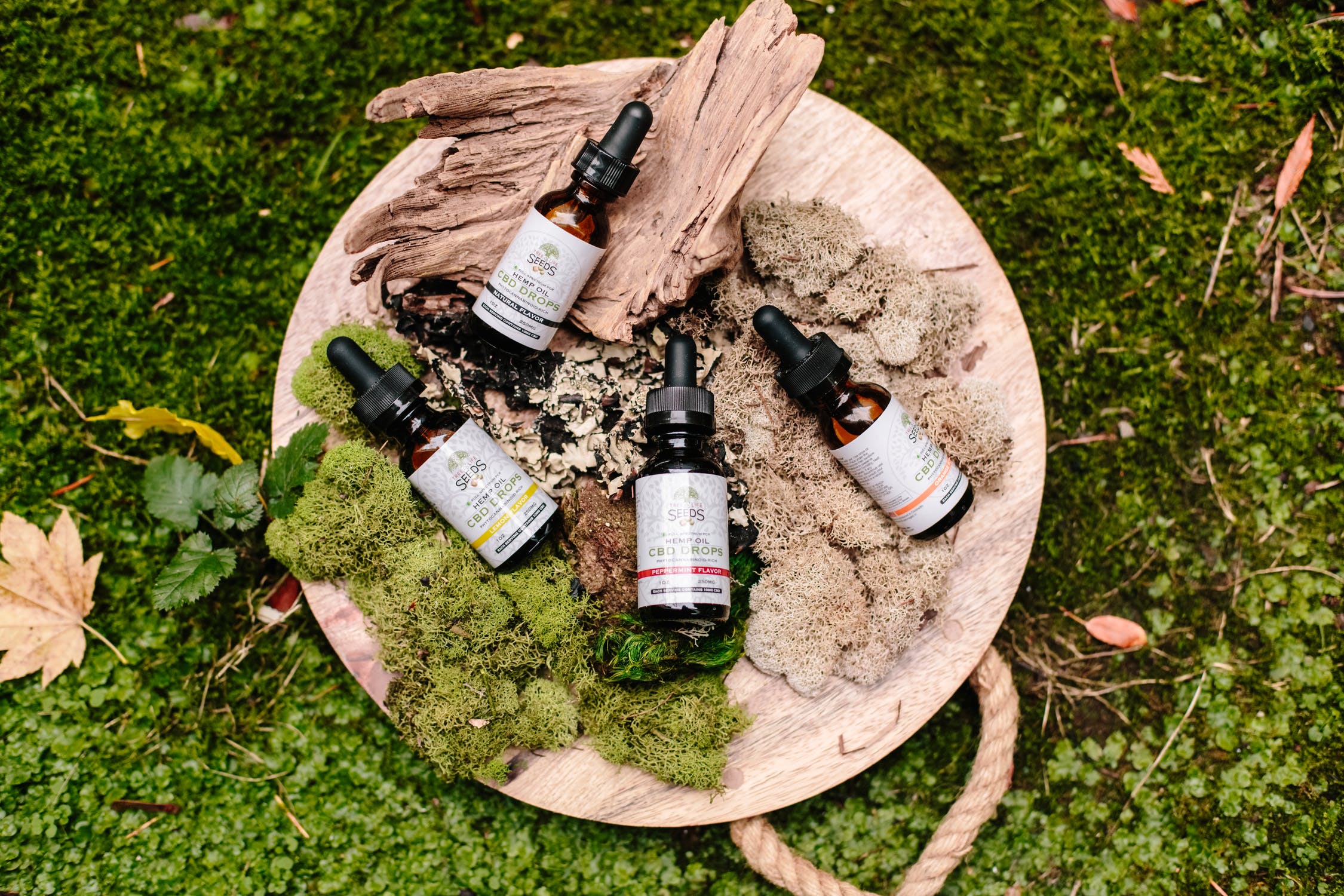
Let’s take a look at the current state of the industry along with forecasts for the future and creative ideas for marketing your CBD products.
What is the legal Status of Hemp and CBD?
The CBD present in oils and other products is usually derived from fiber-type varieties of cannabis (hemp), because these are naturally higher in CBD content than drug-type varieties (marijuana).
Although cultivation of hemp is allowed in many countries around the world, it is usually governed by strict regulations.
After being banned for decades, hemp cultivation in the U.S. has only recently been reintroduced and is still in the early stages of industrial production.
What caused the sudden surge in CBD companies in the past few years?
The 2018 Farm Bill lifted longtime restrictions on hemp. That meant hemp, from which CBD is derived, could be cultivated by licensed farmers.
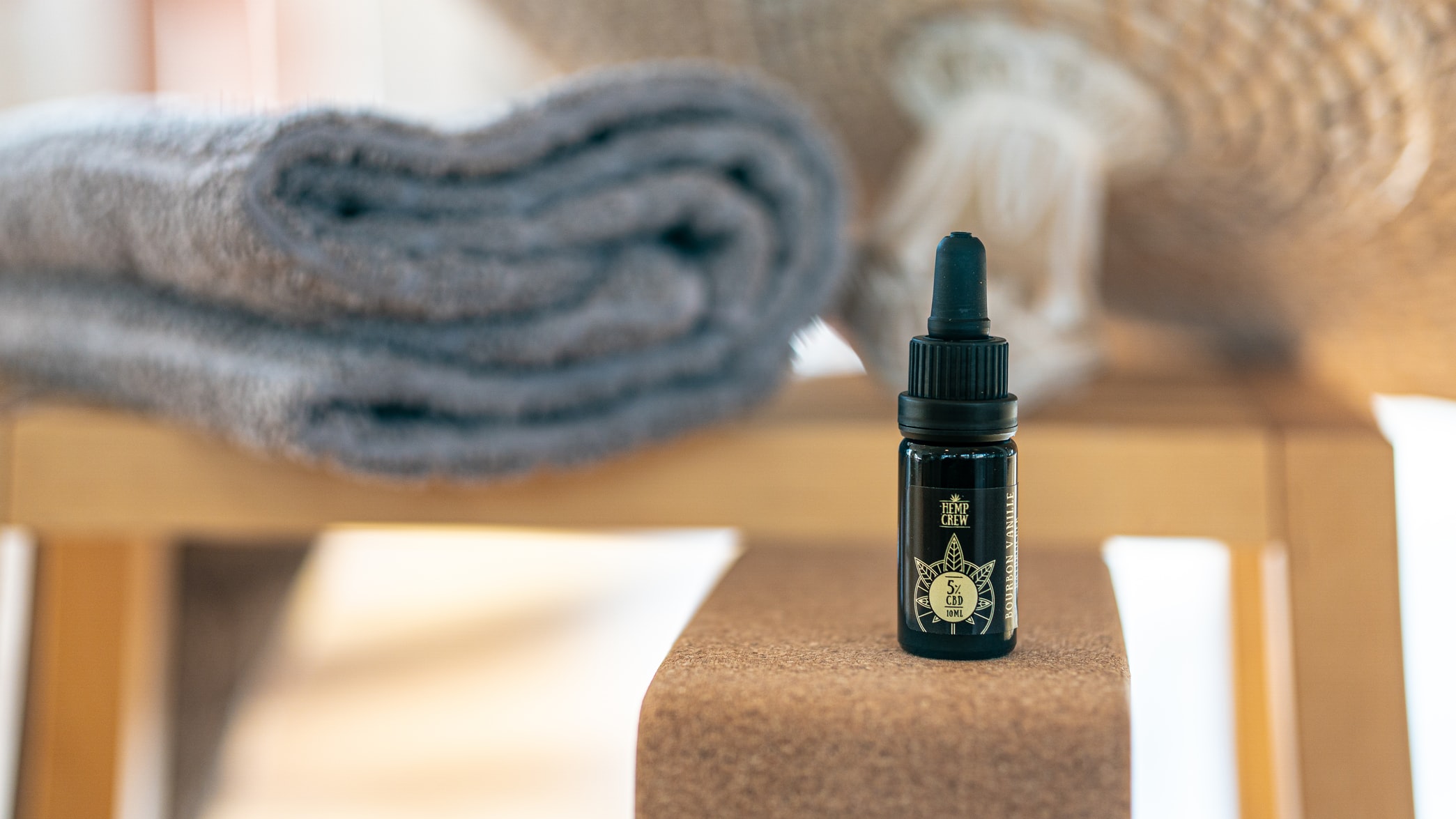
The Farm Bill was therefore seen as a green-light for selling CBD products. The result is that CBD is being touted as a potential fix for everything from anxiety to inflammation to depression and pain relief.
Is selling CBD really legal?
Currently, according to the FDA, marketing CBD as a dietary supplement or food additive is illegal. And it’s true that there may be some health risks associated with using CBD. But due to the overwhelming demand for CBD and state-level legalization of cannabis in general, sales have continued.
The FDA has not taken meaningful actions to stop the sale of CBD and serious incidents of direct harm have not been reported.
Where are CBD sales taking place?
Clearly, CBD is where the big money is. And much of the growth is coming from retail giants like CVS, Walgreens, Rite Aid, Ulta Beauty, GNC, and Kroger.
Their recent entry into the market has greatly increased the availability of CBD to consumers, which previously was only sold at cannabis dispensaries.

It’s worth noting that most of these retailers are only selling topicals. They’re avoiding additives in food, beverages, and dietary supplements to steer clear of any pushback from the FDA. Having said that, Colgate recently acquired a company with a CBD-infused line of toothpaste and mouthwash.
What’s attracting people to CBD?
1. Socially acceptable – Since CBD-based products contain no traces of, or minute amounts of, tetrahydrocannabinol (THC), the cannabinoid that gets a user high, they attract consumers who might otherwise be opposed to products from the cannabis industry. They feel CBD is “more acceptable” and seemingly safer than other cannabis products.
2. Treats mental conditions – It offers an alternative treatment to people suffering from a wide range of conditions related to depression, anxiety and pain.
3. Treats physical conditions – It may help with dental and oral health, endometriosis, inflammatory bowel disease and other gastrointestinal disorders.
3. Potential to treat diseases – It holds potential for treating cognitive decline and brain-related conditions such as Huntington’s Disease, Alzheimer’s Disease, PTSD, bipolar disorders, Parkinson’s Disease, Lou Gehrig’s Disease and more.
What are some of the concerns CBD retailers have?
For businesses entering the industry, there’s still plenty of uncertainty. State laws and regulations are evolving.
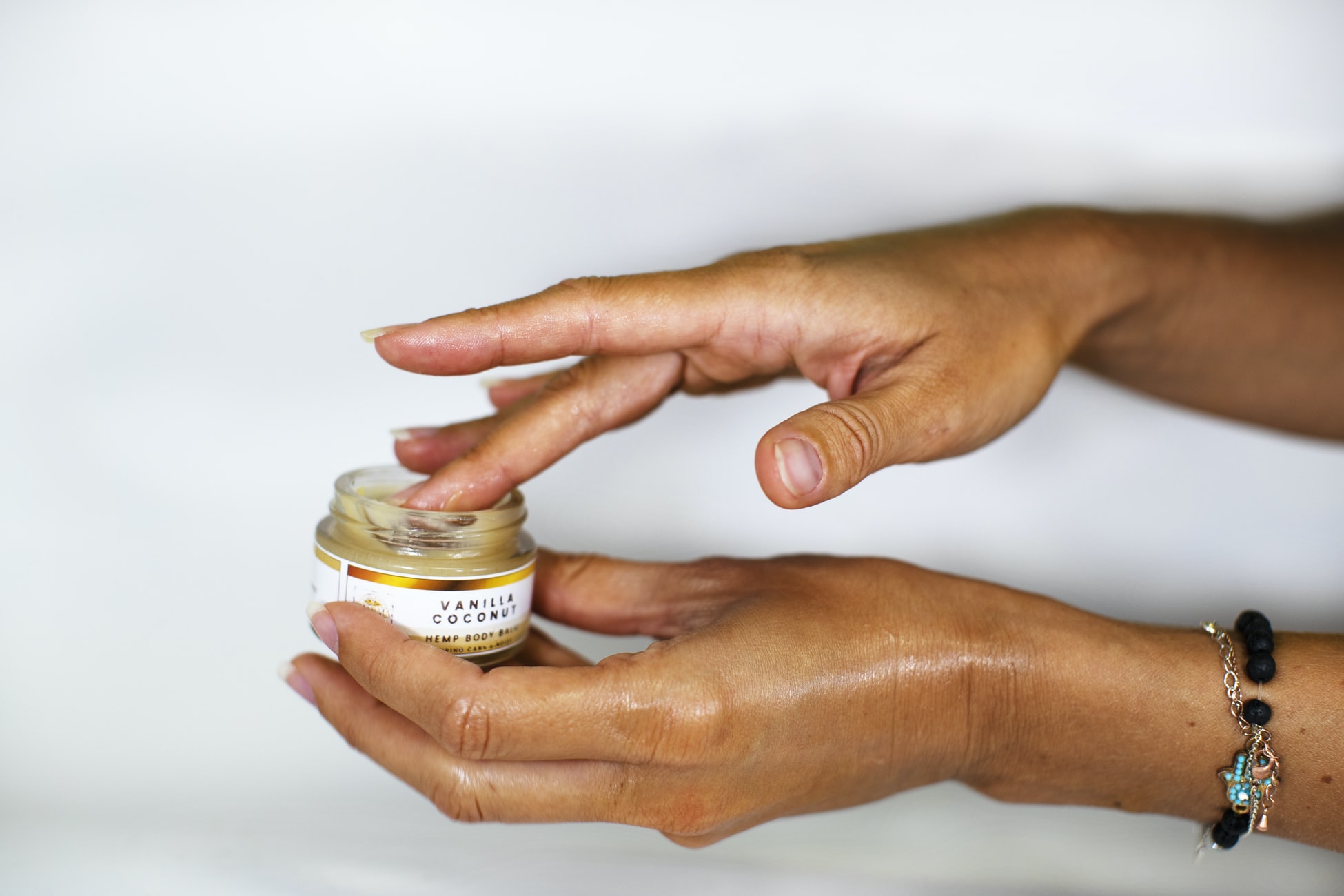
Banks hesitate to do business with CBD and cannabis companies, fearing significant risk or burdensome oversight. And most major advertising platforms have set strict boundaries on what they’ll accept.
What forms can CBD take?
CBD can be incorporated into oils, capsules, pills, vapes, infused beverages, edibles, and pretty much any alternative form of consumption you can think of. Among the most common types of products available today:
- Sublingual tinctures – Comes in a small bottle with a dropper. The dropper is used to place the tincture under the tongue where the oil can be absorbed.
- Edibles – Includes CBD-infused baked goods, candies, chocolates, gums and foods.
- Vape concentrates – Comes in CBD oils and waxes that can be used with an electronic device to vaporize and inhale the CBD product.
- Topicals – Includes CBD-infused gels, creams and sprays for aches and pains. They’re placed directly on the skin to target a localized area.
How big is the CBD market?
The CBD market is exploding. It is on track to grow to $23.7 billion through 2023, according to a report in July 2019 by Brightfield Group, a market intelligence firm for the legal CBD and cannabis industries.
Growing CBD revenue from about $620 million in 2018 to $23.7 billion by 2023 works out to a compound annual growth rate (CAGR) of a whopping 107%!
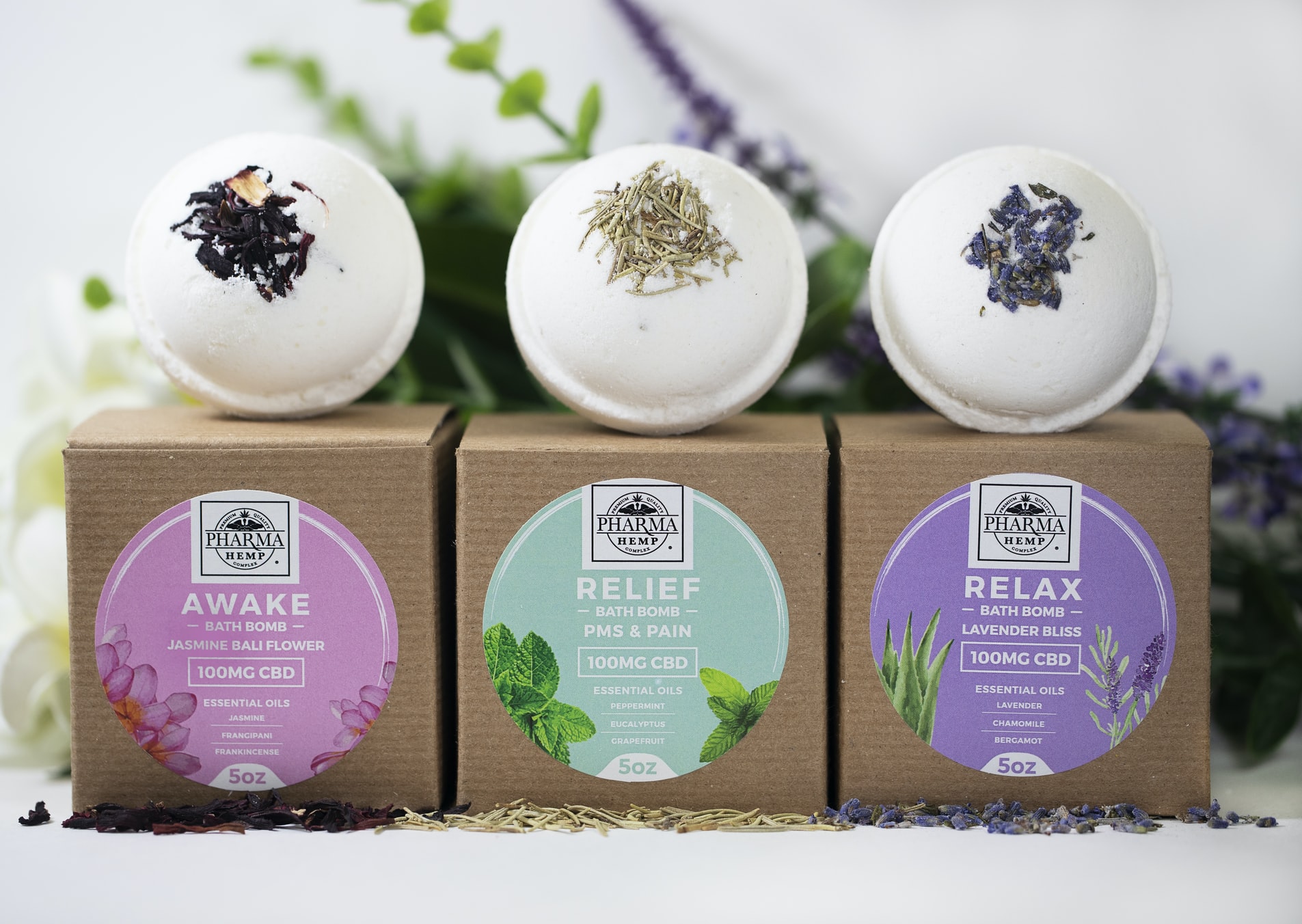
Compare that to some of the growth estimates for cannabis, which call for a CAGR of around 25%, and you can understand why CBD is all the buzz (without creating an actual buzz).
Why are so many new businesses selling CBD?
The Farm Bill made selling CBD products legal, as already mentioned. However, another contributing factor is the low barrier to entry into the market. You don’t need a lot of money to start a CBD business, particularly if you plan to only sell online.
The capital required to start an online CBD store is only a fraction of the investment needed for a physical location, making the internet a natural distribution channel for many hemp growers and extractors looking to sell directly to consumers.
Additionally, many wholesale CBD manufacturers offer private label services; they’ll put your label on a quality product that they made. Some provide drop-shipping services, too, so you don’t have to invest in or store inventory.
Is CBD the new get-rich-quick scheme?
It would be easy to come to that conclusion. However, the rapid growth of the CBD industry means not only plenty of new customers but also plenty of competition. You have only to look at the craft beer industry to see this type of situation plays out. Many of the local breweries that were hastily founded are now struggling.
Businesses that will survive – whether in craft beer, CBD or some other niche industry – are those that are selling quality products and marketing them effectively.
What can or can’t companies selling CBD products say in their marketing materials?
The Food and Drug Administration (FDA) has warned companies selling CBD products they can’t claim their products are approved by the FDA for the prevention, diagnosis, treatment or cure of diseases such as cancer, Alzheimer’s disease, psychiatric disorders and diabetes.
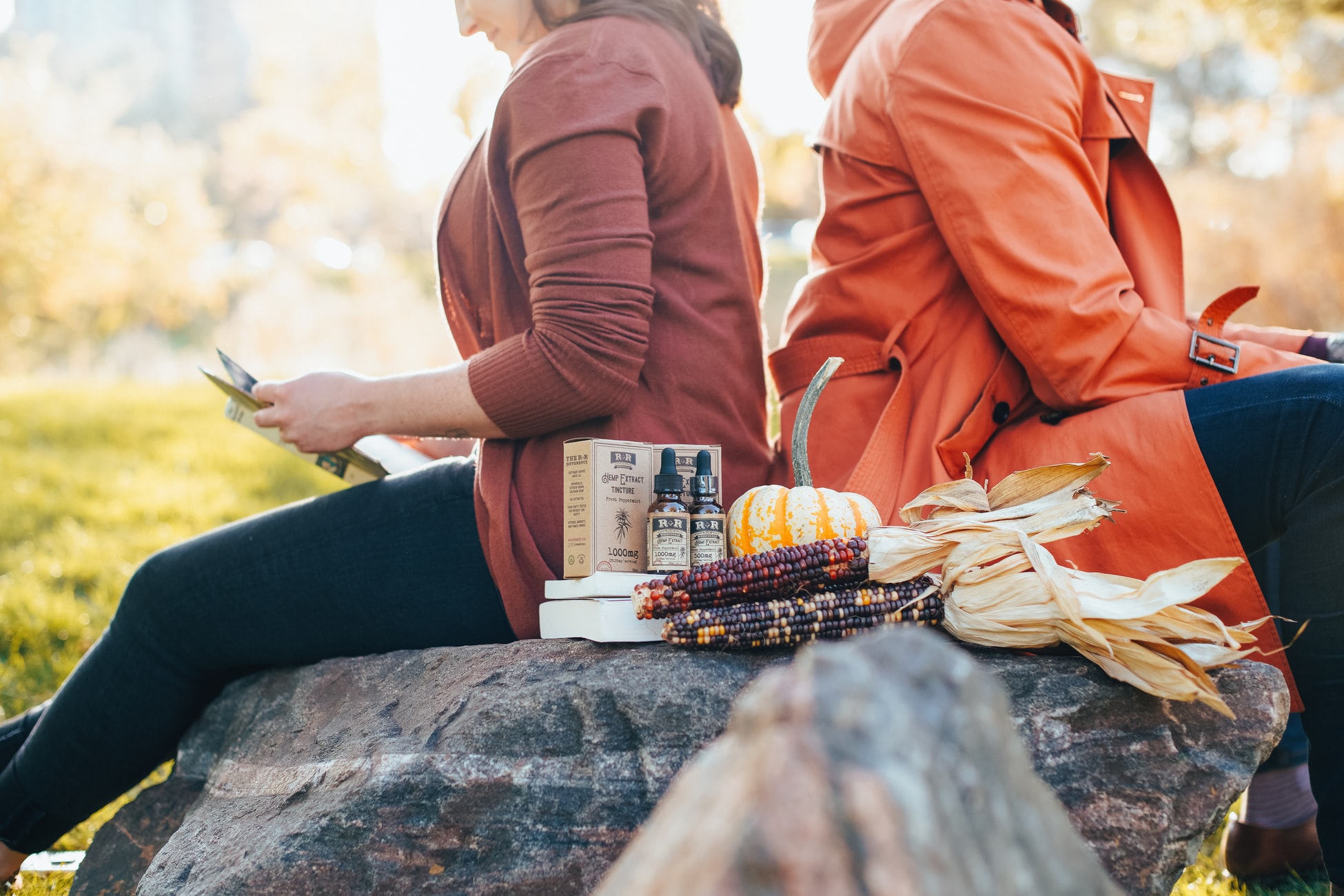
The FDA worries that “misleading and false claims associated with CBD products may lead consumers to put off getting important medical care,” the FDA wrote.
“Deceptive marketing of unproven treatments raises significant public health concerns, as it may keep some patients from accessing appropriate, recognized therapies to treat serious and even fatal diseases,” reads an official statement from the former commissioner of the Food and Drug Administration (FDA) Scott Gottlieb, M.D.
Until the FDA has answers to questions like “What doses are safe?” and “What happens when people use it for long periods of time?” expect regulations to remain tight. The FDA hasn’t set a timeline to regulate CBD products. Its evaluation is likely to continue over the coming months.
Can I make health claims about my CBD products?
Saying your product treats even relatively minor problems like headaches or insomnia is legal only for prescription drugs, which have been tested for their safety and efficacy. Making health claims that your CBD product can cure, mitigate, treat or prevent any disease is a definite no-no. Even sharing your customers’ miraculous testimonials is illegal.
So, many companies distinguish themselves by talking about the quality of their products and overall wellness. Rather than saying that CBD treats anxiety, they may use slogans about relaxation. Rather than claiming that CBD cures epilepsy, they’ll direct customers to third-party research on websites such as ProjectCBD.org — without mentioning epilepsy.
What am I allowed to say on my CBD product labels?
The CBD market is new and not well regulated. Therefore the labels vary greatly across states and brands. You should consult all federal, state and local regulations that pertain to your CBD product. Below are some general guidelines:
- Product identity – What your CBD product is or does
- Net quantity of contents – The amount of actual product without any of the packaging or container, as well as the amount of active CBD per serving
- Name and place of business – How customers can contact the manufacturer or distributer. The name and address are required on an informational panel on both the outer and inner packaging.
- Ingredients – List all ingredients and potency on an informational panel on the outer packaging. If there’s no outer packaging, list the ingredients on the product container.
- Dosing – How much to safely take and how frequently
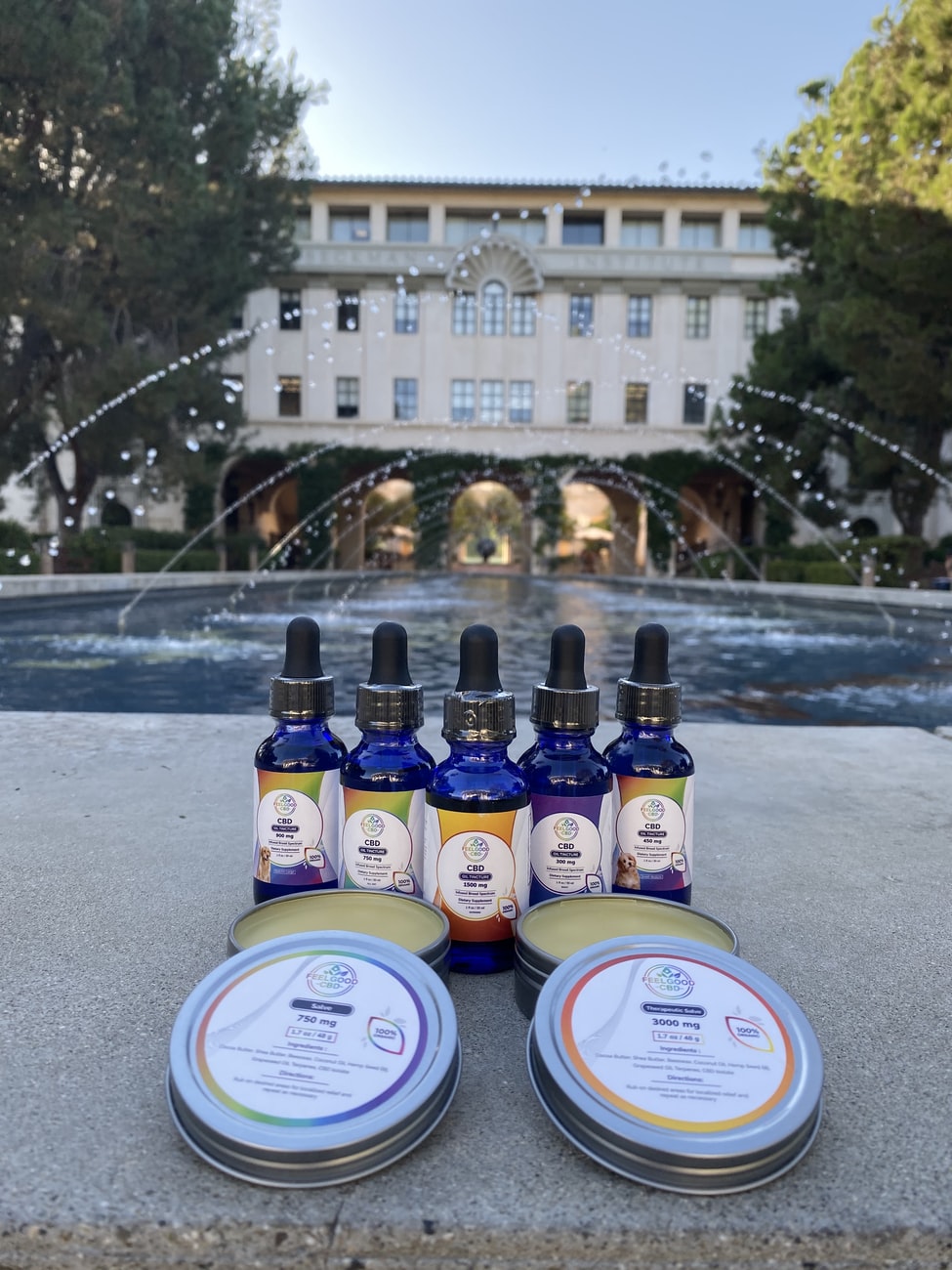
- Disclosure of material facts – Include pertinent facts that a consumer would want to know such as whether our product is full-spectrum, broad-spectrum or isolate, the expiration date, manufacturing date and batch codes.
- Warnings – You probably want to include the standard warnings covering children and pregnant women, as well as any complications for people taking other medications.
You may want to also include a warning that users could potentially fail a drug test if consuming hemp/CBD products.
Remember, you can’t legally make any disease references or health claims.
With the CBD market gaining more sellers by the day, and so many products that are similar to each other, how can I make my brand stand out?
Products that are perceived to be effectively equal, such as sugar and oil, are commodities, and customers buy them primarily on price. But when your products have unique attributes or provide unique benefits, buyers will seek out your brand and are willing to pay more.
Figure out your USP, or Unique Selling Point. That can be tricky because cannabidiol, like any chemical compound, is a commodity.
In its purified form, crystalized CBD is identical across all suppliers. So the difference must come from how you present the products and develop your brand.
A professional copywriter may be able to assist you with creating your brand identity and fleshing out your key selling points.
Look for some unique attribute that customers cannot get from another source. Maybe your products are non-GMO, pesticide-free, grown in Kentucky or have a unique taste.
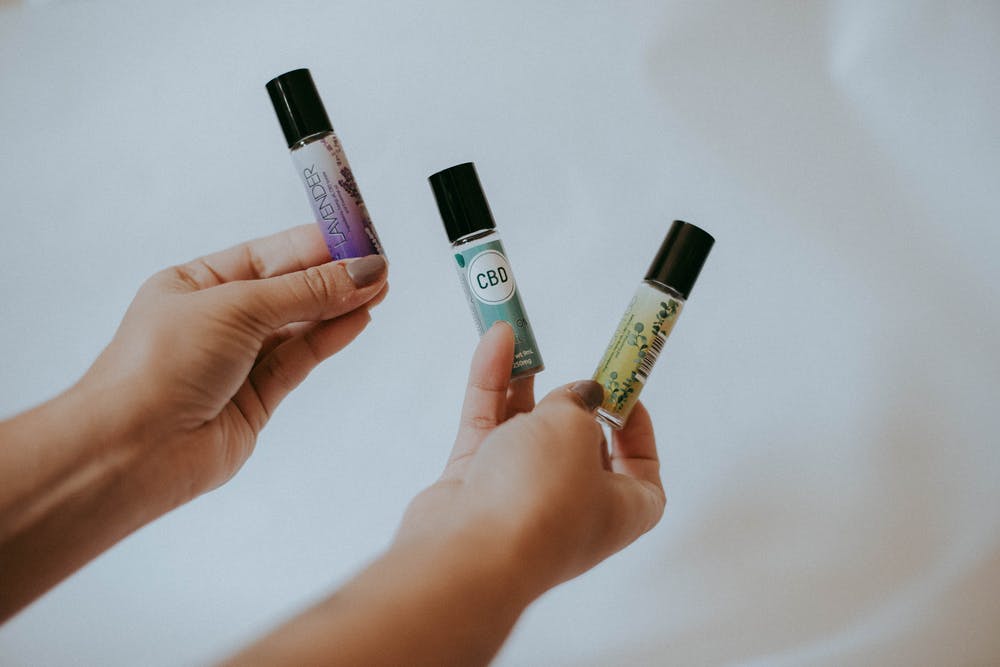
Identify who your target customers are – their age, their symptoms or conditions, their motivations. Perhaps they’re senior citizens or professional athletes or even people’s pets.
Next ask yourself what your products do better or differently than competing products for this target audience.
To be effective in selling your products, your USP must:
- Solve a specific problem or enrich the customer’s life in some way
- Be easy to communicate and easy for customers to understand
- Motivate customers to make a purchase or switch from rival products
By focusing on your USP, you can differentiate your products from those being sold by other CBD companies.
What is the typical customer profile for people who use CBD?
CBD consumers are an average age of 40, have higher education, and are more likely than non-consumers to be employed full time, according to a study by cannabis researchers at BDS Analytics in 2019.
The study also noted that the CBD consumer profile is notably different from that of the cannabis consumer: CBD consumers have nearly a 1:1 gender radio, whereas only one-third of cannabis consumers are female. That translates into a significantly bigger target market for CBD sellers.
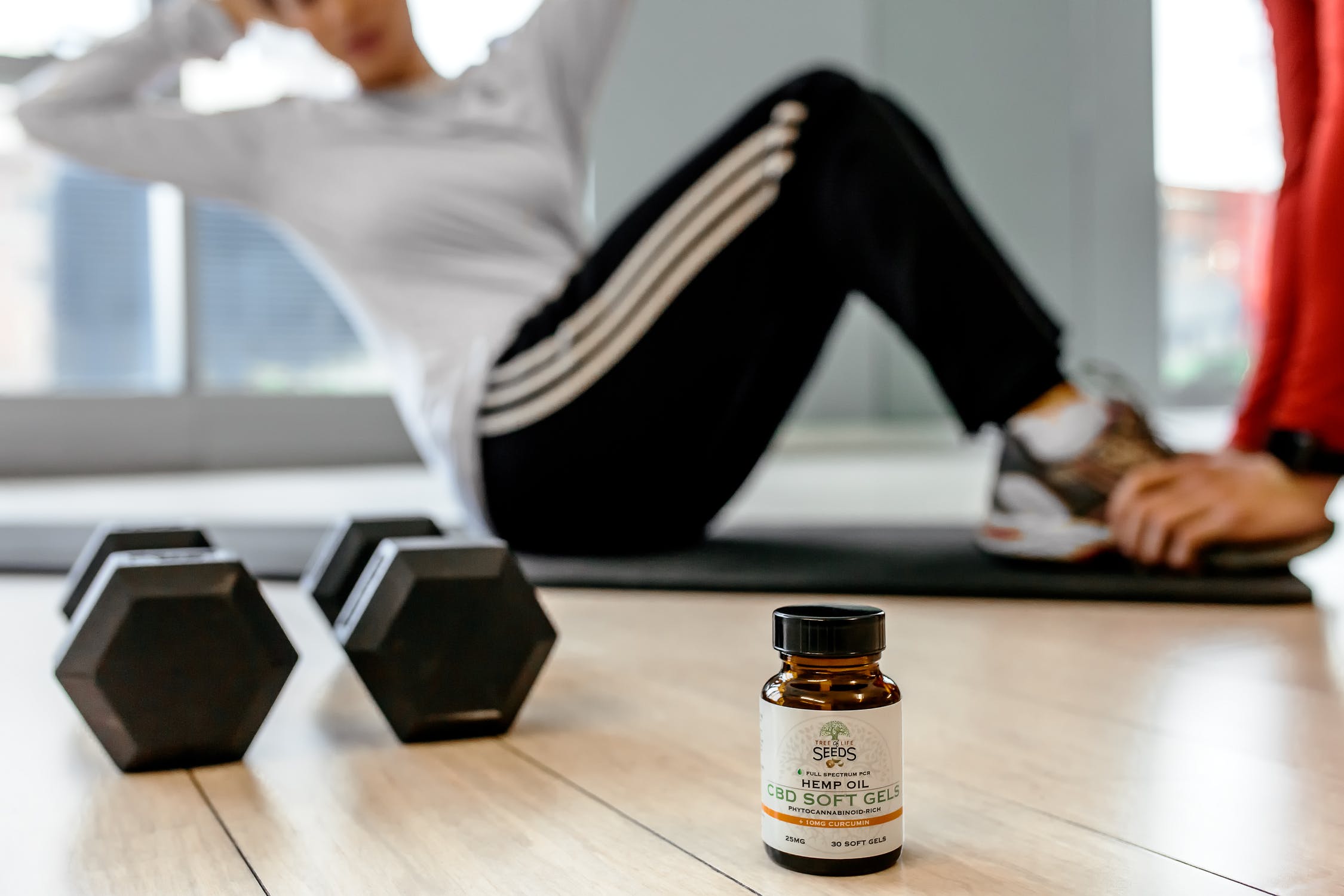
Currently, 14% of Americans say they use CBD products. Over 40% of users utilize CBD products for pain, 20% for anxiety and 11% for sleep, according to a 2019 Gallup poll.
What can you do to promote your CBD brand?
With over 3,000 CBD businesses up and running, and more joining the market daily, companies must work toward increasing their brand awareness and cultivating a loyal following.
Focus on educating consumers. Build trust by providing useful information about the therapeutic benefits of CBD. Communicate what makes your brand special.
- Build a website – Your website is the foundation of your marketing and often your customer’s first impression of your business. If you’re selling products online, it’s also your storefront. It should build trust, introduce customers to your brand and educate them about the solutions your products deliver.
- Use search engine optimization (SEO) best practices – The higher you rank on Google for your main keywords, the more traffic you’ll drive to your site. When you create a strong website, you’re helping to build a sustainable business.
- Create content – Post content on your website, blogs and on social media platforms to bolster your credibility and position your brand as an influential leader in the CBD industry. To benefit from SEO, be sure to use keywords that will draw traffic to your CBD content. Work with a CBD copywriter for professional-sounding content. You can also go beyond written content and create videos about CBD and the benefits of your products.
- Continually update existing content — Don’t just post a page and forget it. Keep it fresh with occasional updates to the copy and the photos or graphics.
- Attend trade shows – Increase your brand’s exposure while also sizing up the competition. Be sure to offer something with your name and website to prospects you meet and encourage them to sign up for some sort of raffle or contest so you get their name and email for follow-up marketing.
- Recruit affiliates – Create an affiliate network of resellers who promote and sell your products to greatly extend your reach and drive growth.
- Use email marketing – Build a customer list and send them regular updates about your products, coupons and sales. That’s the best way to persuade them to be repeat buyers. Encourage them to share your updates and coupons with their friends to attract new customers as well. You can also do email campaigns to niche audiences such as dog owners and send them information about CBD products for dogs.
- Remarketing – Connect with visitors to your website who didn’t make a purchase. Position targeted ads to encourage them to have another look. That may be just the little push they need to finally pull the trigger.
- Direct mail – Create a mailer with information for your target demographic. Your audience may be current CBD users, or it might be pet owners, or it could be someone who has a specific ailment treatable with CBD.
- Sampling – Just like those food shops at the mall that give out free tastes of their food to attract customers, you can find creative ways to put your product into the hands of qualified prospects.
- Social media — Start building a following on Instagram, Twitter, Facebook, Pinterest and more with fun, informative, engaging posts.
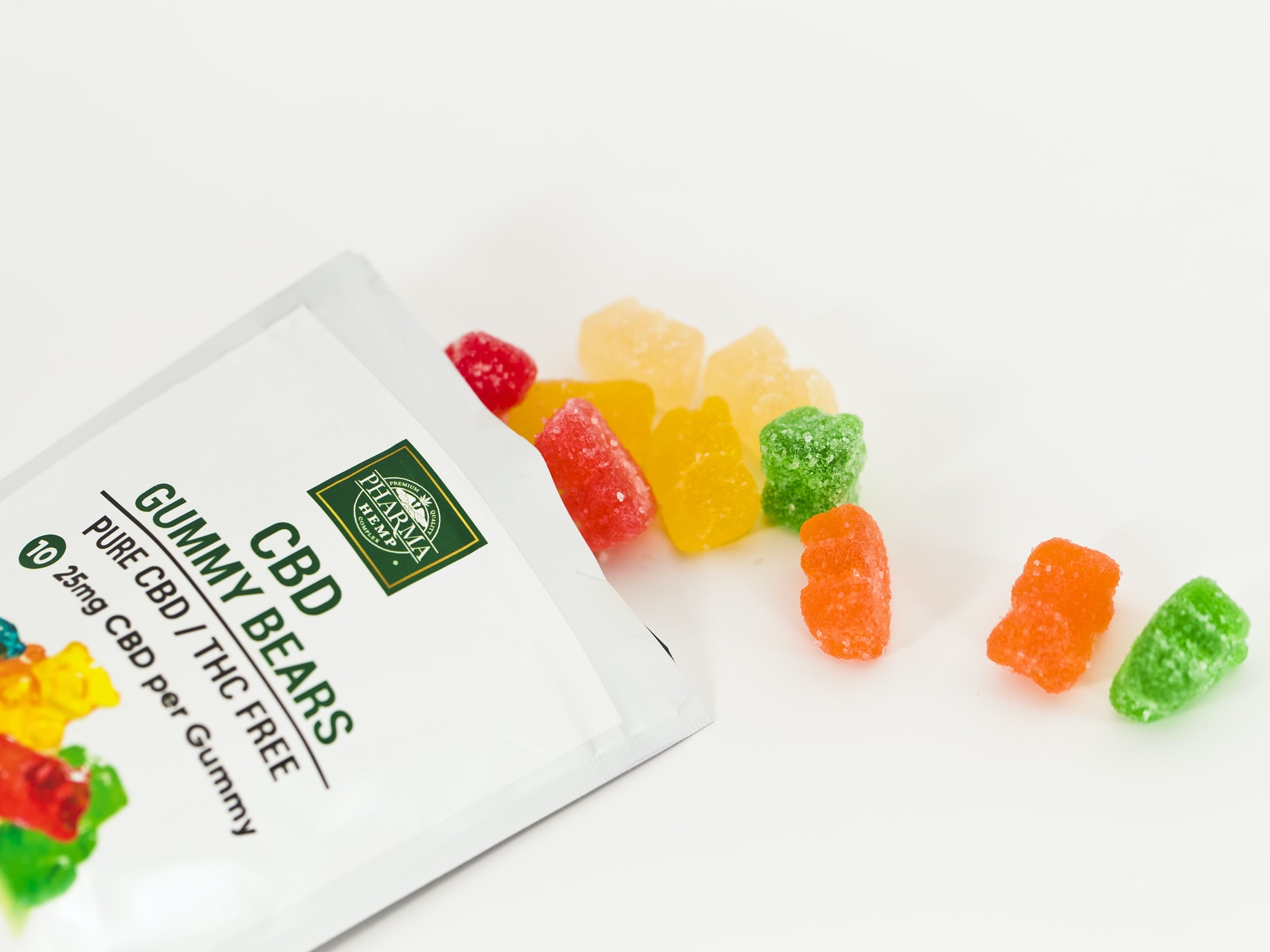
What makes good marketing copy?
Your copy should be customer-focused. The reader should immediately know how the product will help them, what problem it will solve. Any points that are too company- or product-focused should be rewritten in terms of things the customer wants. The end result should be text that speaks to the customer’s priorities, linking them clearly to the product.
To confirm that you’ve accomplished that goal, make sure the word “you” appears far more frequently than “we” or “us” in your copy. Marketing may be a one-way communication, but acknowledging the other person’s point of view is more likely to deliver positive results.
To create successful sales copy:
- Determine your unique selling proposition (USP)
- Attract attention with a strong, benefit-oriented headline
- Establish your credibility
- Solve your customer’s problem
- Include a strong guarantee
Use conversational English in your copy; nobody wants to read a term paper. Steer clear of any jargon the reader may not recognize. Lastly, be sure all claims you make are credible, substantiated and compliant with FDA regulations.
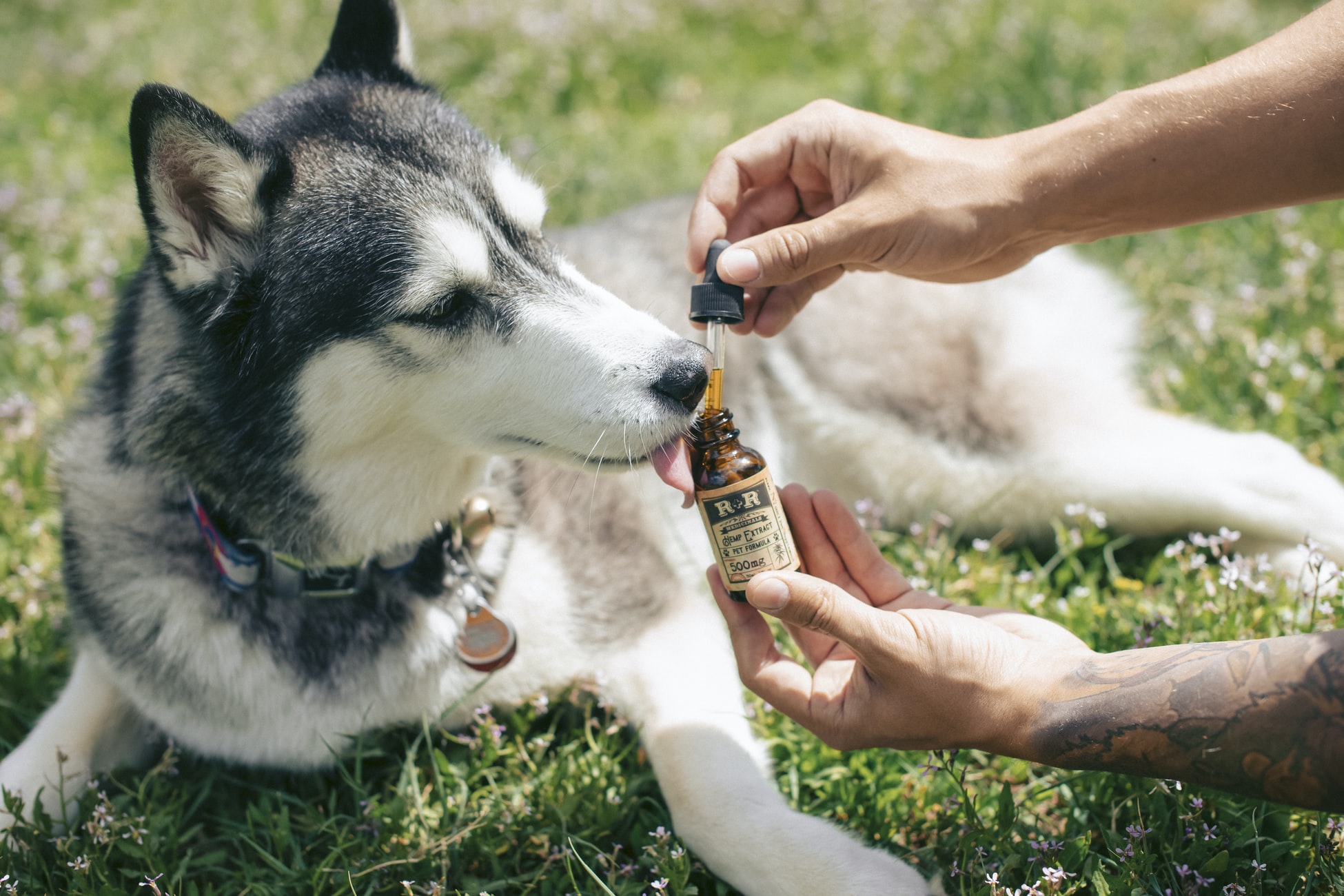
Where can you advertise CBD products?
When the federal government changes its stance on marijuana, likely so too will the rules for CBD advertising. Until that time, if you have an online store, your best option for marketing your products and creating brand awareness is to post informative content on your site. Educational information will also position you as an authority in the industry.
Here’s where some of the major social networks stand on the issue of CBD advertising:
Facebook – You can’t advertise cannabis-derived CBD on Facebook. However in June 2019, Facebook announced it would be lifting its ban on CBD products, meaning that advertisers can run ads promoting topical hemp products. It still prohibits ads for ingestible CBD.
Google Ads (Adwords) – Google AdWords doesn’t allow ads promoting CBD products. It lists cannabidiol under its unapproved pharmaceuticals and supplements for its ad platform, so CBD brands have to rely on search engine optimization to appear higher in search engine results.
There’s rumor of a trial run for CBD advertising in which Google asked select companies in the budding hemp sub-industry to purchase ads on its platform but confirmation of that trial and its results have not been made public yet.
Twitter – Twitter does not permit advertising for illicit substances, not to mention herbal drugs, thus eliminating CBD completely. However, you can still use the platform for non-paid promotion. Consider posting information about new products and linking back to your website.
You can also publish information relevant to the cannabis community as well build brand awareness through regular posting and engagement.
Remember not to make health or disease claims about CBD that could result in your account being shut down and possible enforcement actions by the FDA.
Instagram – Instagram’s policies are similar to Twitter. Your best bet is to use the platform to educate your audience by linking back to your blog or resharing content from other CBD-focused Instagram pages. You can also post images and videos that reflect your CBD brand. Avoid aggressive selling techniques that could get your account banned.
What is the future of CBD?
In the cannabis industry — and in the CBD industry especially— change is a constant. The information offered here is for guidance only.
Check the FDA’s current approach to CBD before marketing your products, and make sure to check your local regulations too.
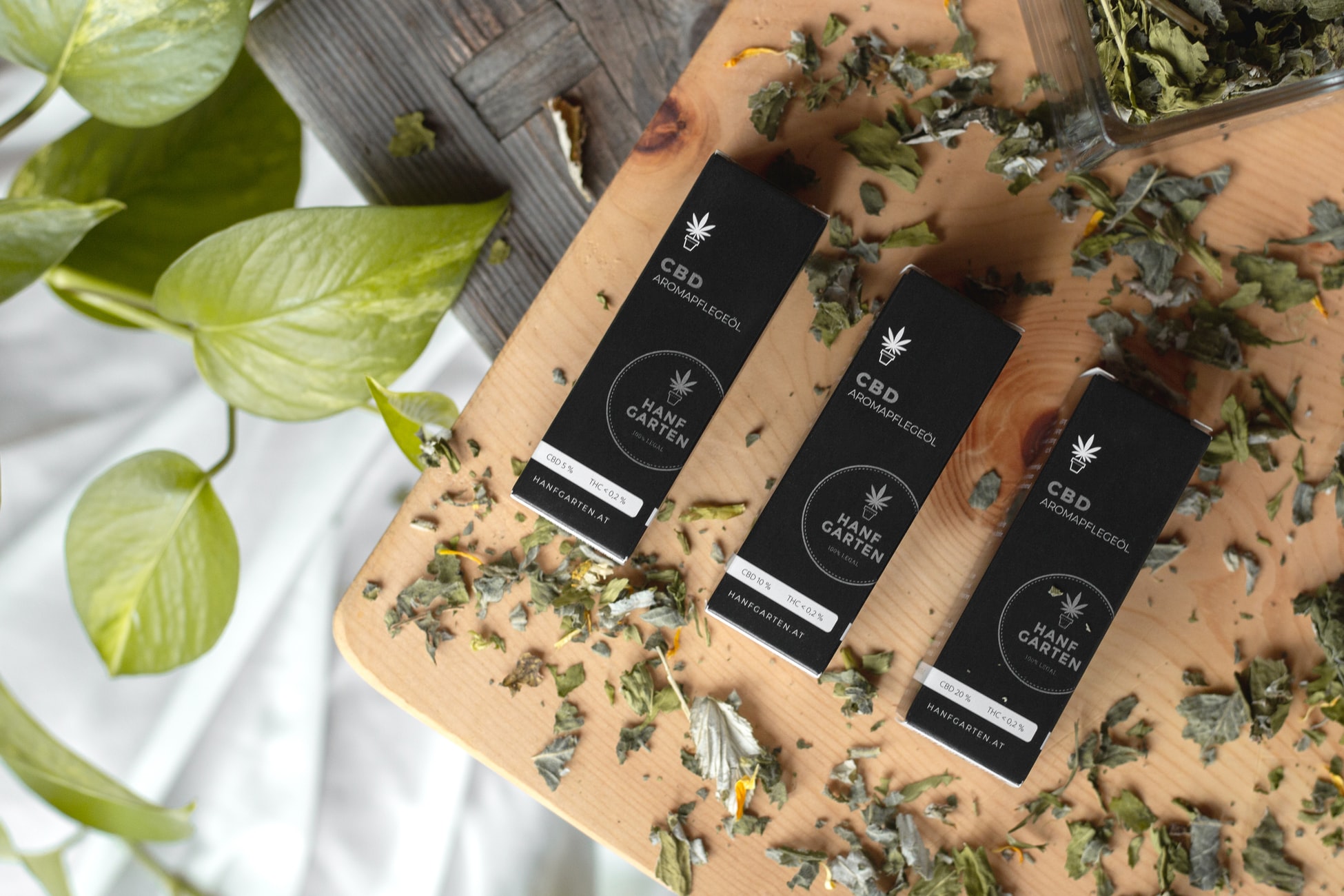
Where can CBD sellers find help in marketing their products?
A good place to start is with a CBD copywriter, someone who understands the market dynamics, the lingo and the products.
For website copy, be sure to work with a copywriter who understands SEO, which is critical to getting your site well-ranked on Google.
An experienced copywriter can help you create professional-caliber sales materials that get your products in front of your target audience, build your brand and persuade customers to make a purchase.
Contact Susan Greene for more information.
Susan Greene
www.SusanGreeneCopywriter.com
floridacopywriter@gmail.com
(407) 578-5528
* * *
While every effort has been made to ensure the accuracy of this report, please understand that change is occurring quickly throughout the cannabis/CBD industry and regulations differ from state to state. This material does not constitute legal, professional or financial advice. Consult with your own attorney or professional advisor on specific legal, professional or financial matters.
© 2020 The CBD Marketing Report. All rights reserved. This report is copyrighted. No portion of this report may be reproduced, exhibited or distributed without written permission from its author. Copyright infringement is a serious offense. Violators will be pursued and prosecuted to the fullest extent of the law.
Contact Susan Greene
Need help marketing your CBD products? We write web copy, product descriptions, blog posts and more!
Get a quoteTestimonial
Excellent work
Copy approval of the skincare article went very smoothly, and we don't need to make any further changes. Thank you for your excellent work!
Nozomi Araki
International Corporate Communications
Brain Center Inc.
Tokyo, Japan

